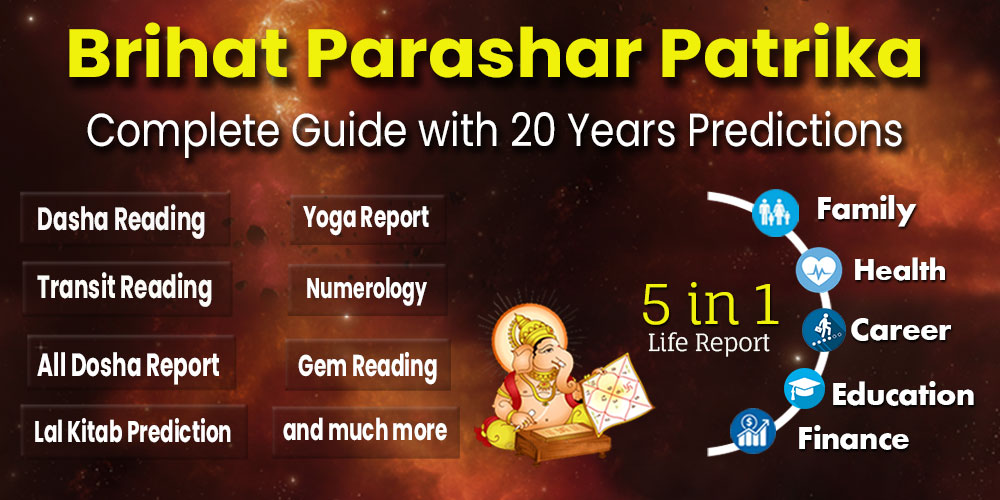Significance
Gandhi Jayanti is a national holiday celebrated in India to mark the occasion of the birthday of Mohandas Karamchand Gandhi, the "Father of the Nation". Though the title is not officially declared, as the Constitution of India does not permit a father of nation, it is mostly conferred to him. The United Nations General Assembly announced on 15 June 2007 that it adopted a resolution which declared that 2 October will be celebrated as the International Day of Non-Violence.
History
Mahatma Gandhi, also known as Mohandas Karamchand Gandhi, was born on October 2, 1869, and died on January 30, 1948. He was a political and spiritual leader in India and played a key role in the Indian independence movement. Gandhi developed the novel technique of non-violent agitation, which he called "Satyagraha", loosely translated as "moral domination".
He is known for his non-violent civil disobedience in India and South Africa. These included the start of the non-cooperation movement in 1922 and the Salt Satyagraha or Salt (Dandi) March starting on March 12, 1930. Through Gandhi's efforts, India finally gained its freedom on August 15, 1947. The nation mourned for him after he was assassinated on January 30, 1948. The United Nations' (UN) International Day of Non-Violence is also held on October 2 each year to coincide with Mahatma Gandhi's birthday.
How to Celebrate
Gandhi Jayanti is celebrated yearly on 2 October. It is one of the three official declared national holidays of India, observed in all of its states and union territories. The other two are Independence Day (15 August) and Republic Day (26 January).
Gandhi Jayanti is marked by prayer services and tributes all over India, especially at Raj Ghat, Gandhi's memorial in New Delhi where he was cremated. Popular activities include prayer meetings, commemorative ceremonies in different cities by colleges, local government institutions and socio-political institutions. Painting and essay competitions are conducted and best awards are granted for projects in schools and the community on themes of glorifying peace, non-violence and Gandhi's effort in Indian Freedom Struggle. Gandhi's favourite bhajan (Hindu devotional song), Raghupathi Raghava Rajaram, is usually sung in his memory.
